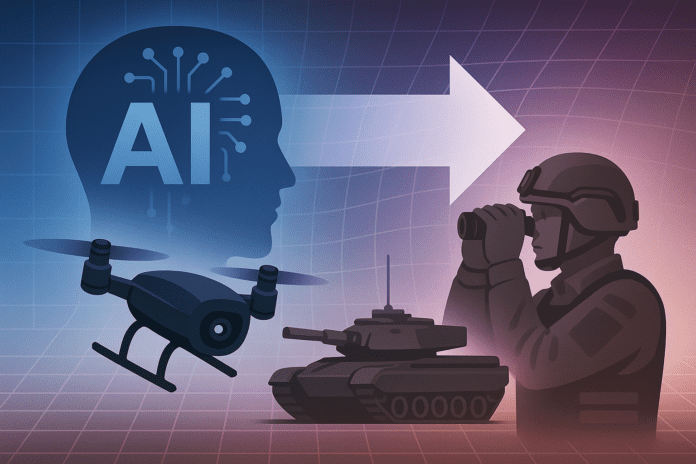This post is also available in:
 עברית (Hebrew)
עברית (Hebrew)
Israel’s high-tech sector is currently undergoing one of the deepest transformations in its history – the broad integration of AI-based tools into day-to-day work. A new survey conducted among more than 500 employees reveals a clear picture: almost everyone in the industry uses artificial intelligence, and 78% do so on a daily basis. The result is a sharp rise in productivity, alongside a real concern about the long-term implications for employment and the structure of professions in the sector.
The main issue raised by the survey is twofold. On the one hand, automation is replacing a significant portion of manual or repetitive tasks, allowing employees to complete the same work in far less time. On the other hand, the rapid change creates a sense of threat among veteran workers and among groups in the periphery, who fear professional obsolescence and the widening of existing gaps.
AI tools are now being integrated across a wide range of fields – from software development, through marketing and data analysis, to content creation and self-learning. Eighty-two percent of users incorporate these tools into at least three types of tasks, and sometimes into more than six. The study indicates that the more frequently the tools are used, the broader the impact of AI on the scope of responsibility and on the very way work is structured.
Functionally, the data show tangible improvement: 70% of employees report better quality outputs, about half report a significant reduction in working time, and 40% say their task execution time has been cut by more than half. The conclusion: artificial intelligence is not a marginal add-on, but a growth engine that effectively doubles the pace of work on average.
However, the impact is not consistent. Younger employees are leading in the adoption of these tools, while more experienced workers tend to use them less and express higher levels of concern about their future. The same is true for residents of the geographical periphery and employees without an academic degree – a group that reports feeling almost twice as threatened as those with higher education.
Beyond the civilian sphere, this shift directly affects the worlds of security and defense. Broad integration of AI in software development, data analysis, and decision-making can also accelerate the development of defense systems, support cyber operations management, and improve forecasting of operational scenarios. As these capabilities become embedded in the Israeli high-tech mainstream, they are expected to influence the pace of military innovation as well.
At the same time, the same effects now felt in the civilian labor market may also appear in security organizations: certain missions may be carried out faster or automatically, some roles may change and require fewer personnel, while others will evolve and demand new skill sets. In other words, the growing use of AI in the military is also likely to reshape role structures and assignment patterns – much as it is currently transforming the high-tech work environment.
In conclusion, the survey presents a dual reality: a technology that boosts efficiency, but also forces employees and organizations to adapt to an era in which required skills are changing at an unprecedented pace.


























